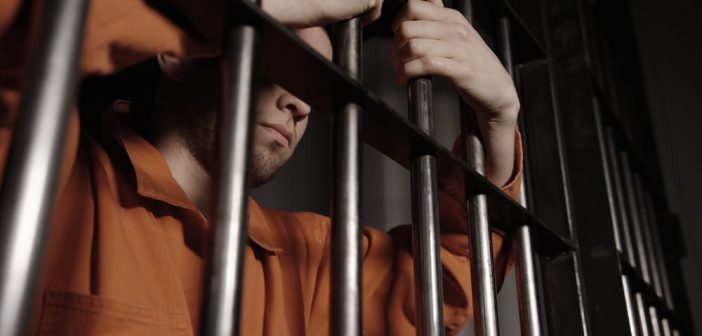The National Human Rights Commission has initiated a landmark investigation into the challenges faced by prisoners across India’s jails, particularly focusing on women inmates and their children. Taking suo motu cognizance, the Commission has directed Chief Secretaries of all States and Union Territories to submit detailed reports within four weeks, signaling its commitment to addressing systemic issues plaguing the prison system.
The investigation stems from reports submitted by NHRC’s Special Monitors and Rapporteurs following visits to various jails, as well as complaints that highlight troubling conditions within these facilities. Among the primary concerns are overcrowding, inadequate healthcare facilities, and the denial of basic amenities. For women inmates, the situation is compounded by a lack of sanitary napkins, hygienic toilet facilities, clean drinking water, and proper nutrition. These issues have a particularly adverse impact on pregnant and lactating mothers, who often face malnourishment. Mental distress, increased violence, and the absence of educational opportunities for children living with their mothers in prison further underscore the urgent need for reform.
The Commission has also pointed out violations of prisoners’ fundamental rights, including the right to dignity and safety. Despite existing welfare programs like vocational training, rehabilitation initiatives, and legal aid provisions, these measures remain largely unimplemented, leaving inmates without the support needed to reintegrate into society.
In its notices, the NHRC has requested information on the total number of women prisoners, the number of women incarcerated with their babies, and the figures for both convicted and undertrial women inmates. Additionally, data has been sought on women undertrial prisoners who have been in jail for more than a year, as well as male undertrial prisoners in similar situations.
This inquiry marks a decisive step by the NHRC toward safeguarding the human rights of those in custody. By addressing systemic gaps, the Commission aims to uphold the dignity of prisoners and ensure compliance with established norms and regulations across the nation’s jails. The submission of comprehensive reports is expected to provide a clearer picture of the issues at hand and help chart a path for reforms that promote humane and equitable treatment for all inmates.





